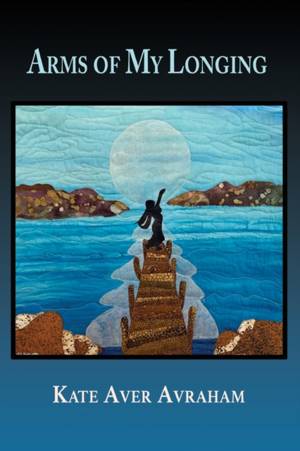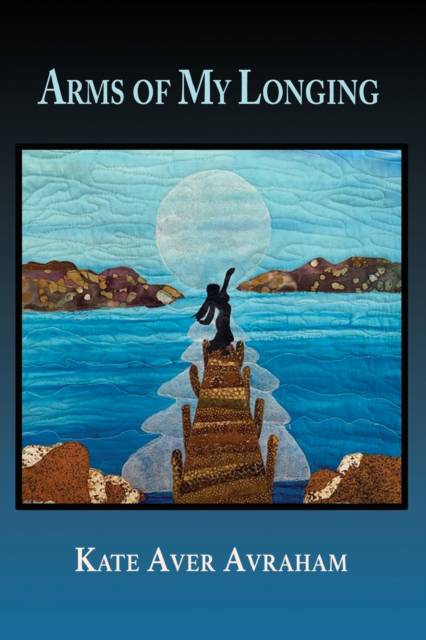
- Retrait gratuit dans votre magasin Club
- 7.000.000 titres dans notre catalogue
- Payer en toute sécurité
- Toujours un magasin près de chez vous
- Retrait gratuit dans votre magasin Club
- 7.000.0000 titres dans notre catalogue
- Payer en toute sécurité
- Toujours un magasin près de chez vous
Description
Winner of the 2020 Blue Light Poetry Prize
It's long before light when I begin reading Arms of My Longing, which makes it kind of early to have anything to cry over, but tears begin because Avraham's poems remind me of what matters most, how the small, deeply experienced and witnessed moments add up to a life. I love that Avraham doesn't flinch; she turns toward the difficult. Though her loss is, of course, different from mine, these poems give me strength to bear my own sorrow and what I can of the world's, and they'll do that for you too. We all have those times "that hurt/ the way love does when it takes your lungs."
- Patrice Vecchione, author of My Shouting, Shattered, Whispering Voice: A Guide to Writing Poetry & Speaking Your Truth.
The poems in Arms of My Longing tell an intimate and universal story of interconnection with the earth, ourselves and each other. The book explores motherhood, family, memory, and all that holds humanity together, and we are carried away by a great song from poem to poem. Nourishing, rich with verdant passages that one wants to read aloud and cherish, Arms of My Longing looks at the tragedies of life alongside its beauty and joy. I am enriched, my heart gladdened, having read it.
- Carolyn Brigit Flynn, author of Communion and editor of Sisters Singing and Sacred Stone, Sacred Water
The title and the poems in Kate Avraham's Arms of My Longing extend backward to those the writer has lost - a son who died young, beloved father and mother - and forward to a daughter carving out her own life, and to the woman the writer is becoming, someone who can "ride along in just a red tank top even though/your arms are a little flabby." Arms and hands appear in many of the poems, and the urge for touch, for contact, or even simple recognition, runs like a thread through the fine weave of these elegiac, praise poems. At times the connotations are political-sociological: "Think of all those weathered hands/plucking one plump strawberry at a time," and at other times exquisitely personal and pandemic-informed. The astonishing sequence about Nathan - who died at five - is moving precisely because the poems refuse to give into mourning and instead praise what the loss has brought home to the speaker. In "What the Meadow Gave," (which also suggests a meadow grave), she writes: "Nothing will ever bring you back. //And yet, this meadow grit/that presses against my skin//also mends." Reach out and let these poems touch you. Let them heal you. Our broken world needs them.
- David Sullivan, poet laureate of Santa Cruz County, Cabrillo College English professor and author of many books, including, Strong-Armed Angels; Every Seed of the Pomegranate; Bombs Have Not Breakfasted Yet; Black Ice. Coming out in 2021: Black Butterflies Over Baghdad and Seed Shell Ash.
Spécifications
Parties prenantes
- Auteur(s) :
- Editeur:
Contenu
- Nombre de pages :
- 42
- Langue:
- Anglais
Caractéristiques
- EAN:
- 9781421837079
- Date de parution :
- 16-09-21
- Format:
- Livre broché
- Format numérique:
- Trade paperback (VS)
- Dimensions :
- 152 mm x 229 mm
- Poids :
- 77 g

Les avis
Nous publions uniquement les avis qui respectent les conditions requises. Consultez nos conditions pour les avis.






